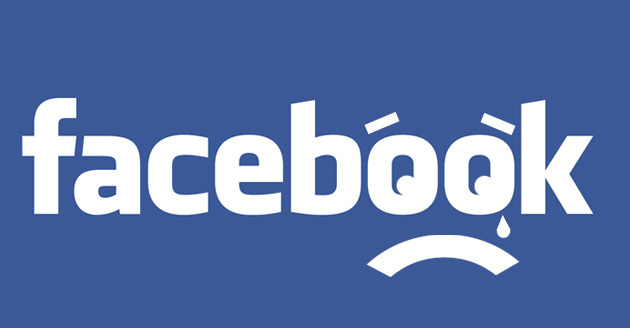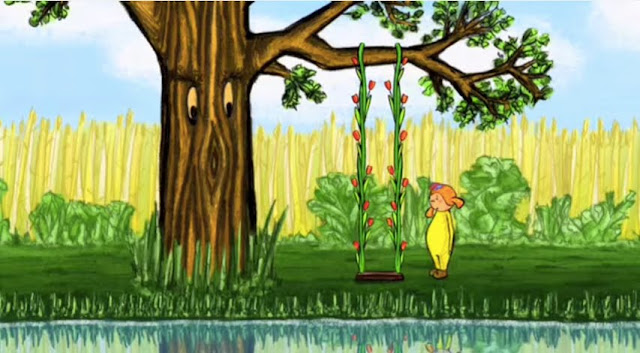Article 1 - Social Media / Facebook and Depression
Article 1: Facebook and Depression
Social Media can be seen as a form of communication which takes place online, via the internet. It encompasses various platforms such as Facebook, Twitter, Instagram, YouTube etc.., all of which allow users to communicate and share information with others online while also helping them to learn, create web content and be entertained. The functions range from blogging, instant messaging and podcasting to just sharing and networking. Today, billions of people around the world use various types of social media, the most popular being Facebook, has around 1.7 billion users, about 23% of the global population. (Internet World Stats, 2016)
Facebook also referred to as the "social
network" is known to cause antisocial behavior among its users, recent
scientific studies have concluded. This behavior is comprised of various mental
health issues such as depression, jealousy and low self-esteem. A 2014 study
published in the Journal of Social and Clinical Psychology concluded that the social
media platform causes depressive symptoms which are the result of a phenomenon
called "Social comparison". This is when users compare themselves to
the content they see. (Steers, Wickham and Acitelli, 2014) The
research carried revealed that upward social comparisons are responsible for
people feeling sad and down whereas downward comparisons had an opposite
effect, but both and neutral comparisons were directly related to depression.
"It doesn't mean Facebook causes depression, but that depressed feelings
and lots of time on Facebook and comparing oneself to others tend to go hand in
hand", said Mai-Ly Steers, the author. (Walton, 2015) Nicole
Amesbury, head of clinical development at Talkspace stated that people
contrasted "themselves to the posts they see, and then feel
inadequate". (Steussy, 2016)
~~~~~~~~~~~~~~~~~~~~
References:
- Internet World Stats (2016) ‘Facebook Users in the World’ |Available Online: http://www.internetworldstats.com/facebook.htm | Date Accessed: 18th April, 2017
- Morin, A. (2016) ‘Science Explains How Facebook Makes You Sad’ |Psychology Today | Available Online: https://www.psychologytoday.com/blog/what-mentally-strong-people-dont-do/201603/science-explains-how-facebook-makes-you-sad | Date Accessed: 18th April, 2017
- Primack, Brian A., Shensa, A., Escobar-Viera, Cesar G., Barrett, Erica L., Sidani, Jaime E., Colditz, Jason B., and James, A.E, (2016) ‘Use of multiple social media platforms and symptoms of depression and anxiety: A nationally-representative study among U.S. young adults’ | Computers in Human Behavior, 69 1-9 | Availabe Online: http://ac.els-cdn.com/S0747563216307543/1-s2.0-S0747563216307543-main.pdf?_tid=dbf61ccc-23e7-11e7-86ba-00000aab0f6c&acdnat=1492486619_0e09c7dbc9887d6290abbe2b5ab611e2 | Date Accessed: 18th April, 2017
- Steers, Mai-Ly N., Wickham, Robert E., and Acitelli, Linda K. (2014) ‘SEEING EVERYONE ELSE’S HIGHLIGHT REELS: HOW FACEBOOK USAGE IS LINKED TO DEPRESSIVE SYMPTOMS’ | Journal of Social and Clinical Psychology, [Vol. 33, No. 8, pp. 701-731] | Available Online: http://guilfordjournals.com/doi/pdf/10.1521/jscp.2014.33.8.701 | Date Accessed: 18th April, 2017
- Steussey, L. (2016) ‘Your social media addiction is giving you depression’ |NYPost.com | Availabe Online: http://nypost.com/2016/12/22/your-social-media-addiction-is-giving-you-depression/ | Date Accessed: 18th April, 2017
- Walton, Alice G. (2015) ‘New Study Links Facebook To Depression: But Now We Actually Understand Why.’ | Forbes. Com |Available Online: https://www.forbes.com/sites/alicegwalton/2015/04/08/new-study-links-facebook-to-depression-but-now-we-actually-understand-why/#7fd037ce1e6d | Date Accessed: 18th April, 2017


Comments
Post a Comment